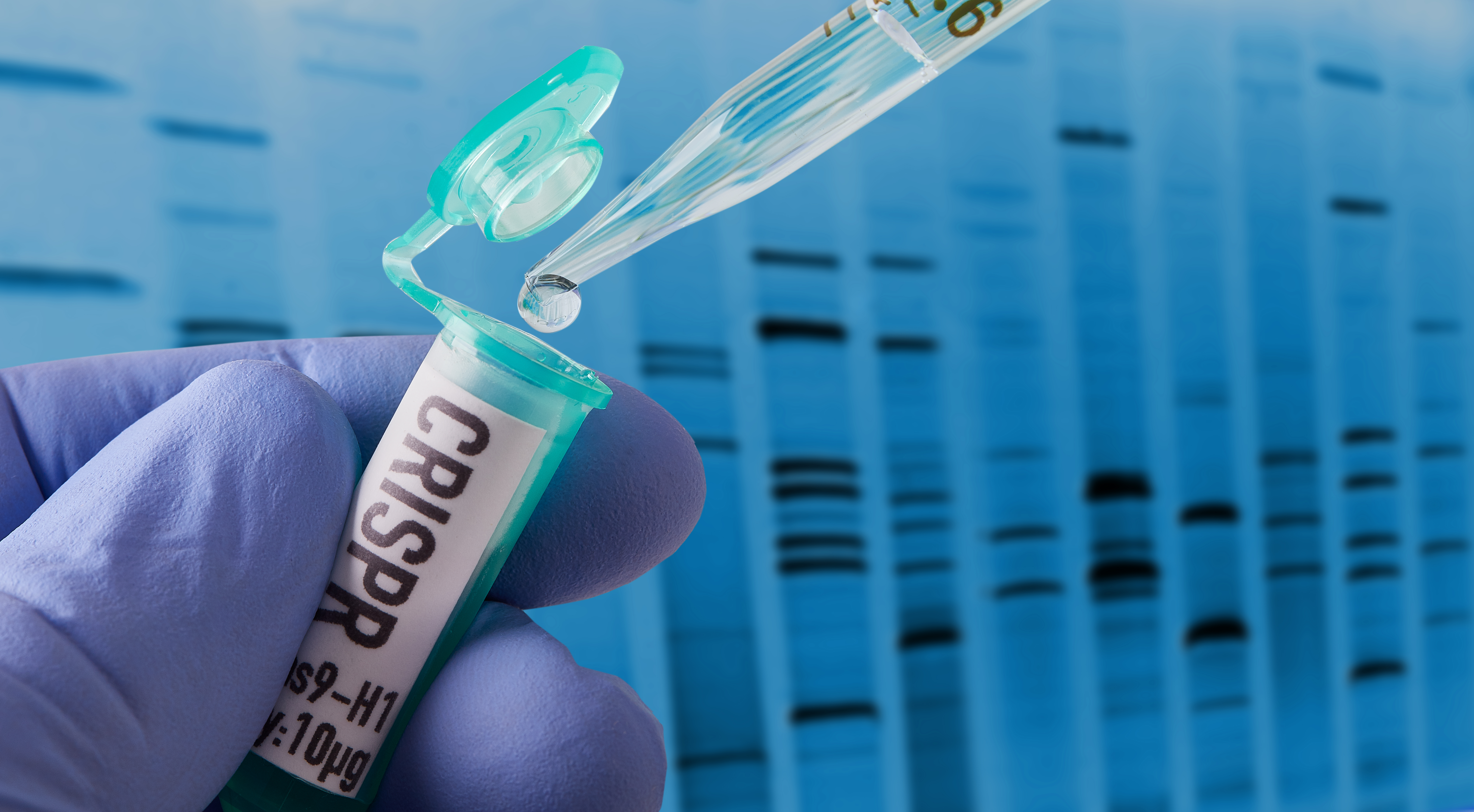Netflix's "Unnatural Selection" Ducks the Big Questions About Gene Editing
By Jonathan R. Latham,
Salon
| 11. 10. 2019
The opening scene of "Unnatural Selection," a four-part docuseries released recently from Netflix, depicts scientist Jennifer Doudna showing off a tiny sample of a colorless liquid. It contains, she says, an enzyme that allows her to add or remove any piece of DNA from any living organisms. This scene launches an exploration of the people who are taking up — and talking up — that opportunity, which Doudna did much to bring about. In this scene though, as in the remainder of the series, there is scant pushback on the hyperbolic narratives tracked over the four episodes. But, having built up the potential of gene editing, "Unnatural Selection" fails to explore the qualifications and correctives that call into question the whole project of gene editing. One wonders, in fact, if the filmmakers were even aware of the larger existential questions it raises.
The protagonists of the series span an extraordinarily wide spectrum. Spark Therapeutics claims to have invented a gene therapy cure for a special kind of inherited blindness. The biotech company has chosen its smooth-talking and sharply dressed company...
Related Articles
By Scott Solomon, The MIT Press Reader | 02.12.2026
Chris Mason is a man in a hurry.
“Sometimes walking from the subway to the lab takes too long, so I’ll start running,” he told me over breakfast at a bistro near his home in Brooklyn on a crisp...
By Diaa Hadid and Shweta Desai, NPR | 01.29.2026
MUMBRA, India — The afternoon sun shines on the woman in a commuter-town café, highlighting her almond-shaped eyes and pale skin, a look often sought after by couples who need an egg to have a baby.
"I have good eggs,"...
By George Janes, BioNews | 01.12.2026
A heart attack patient has become the first person to be treated in a clinical trial of an experimental gene therapy, which aims to strengthen blood vessels after coronary bypass surgery.
Coronary artery bypass surgery is performed to treat...
By Staff, ScienceDaily | 01.05.2026
Scientists at UNSW Sydney have developed a new form of CRISPR technology that could make gene therapy safer while also resolving a decades-long debate about how genes are switched off. The research shows that small chemical markers attached to DNA
...




